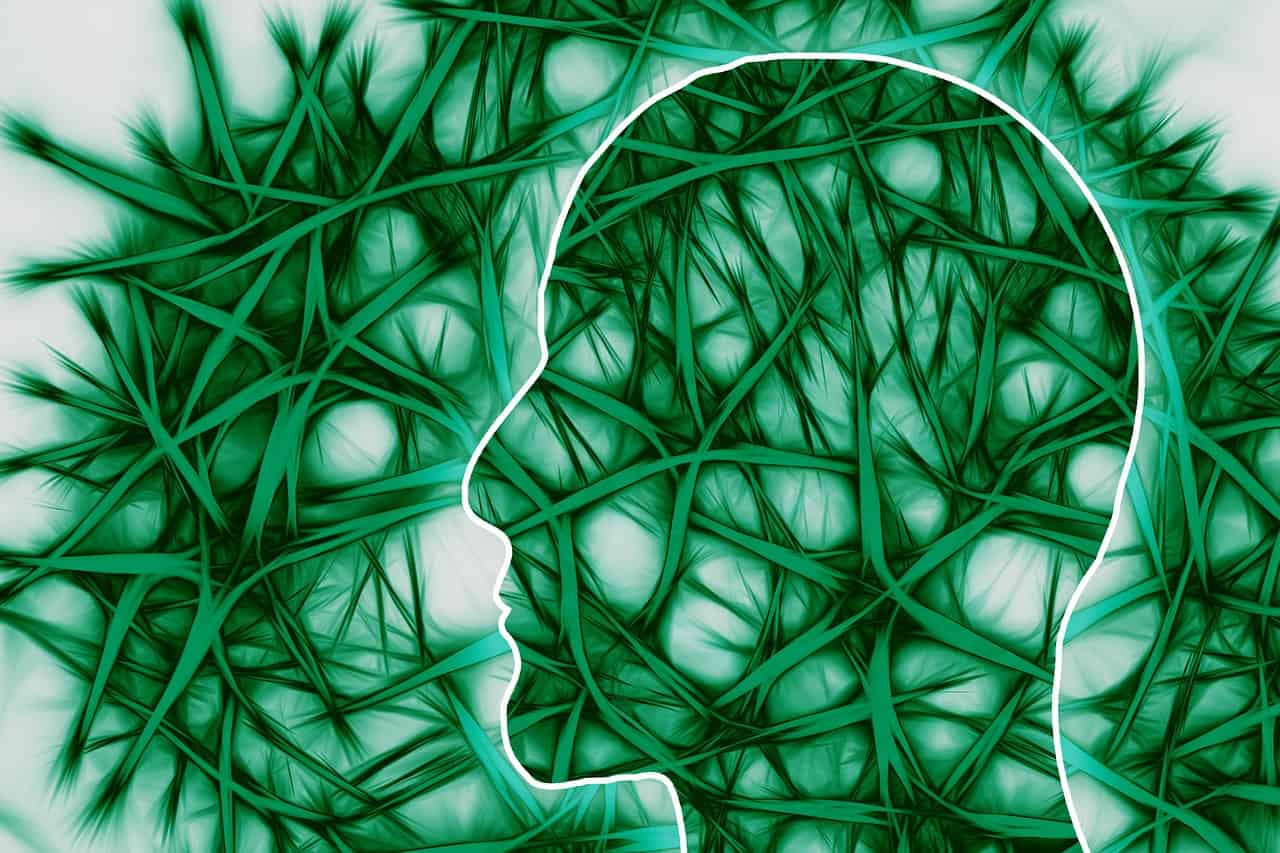
What You Should Know About the ALS of Today
ALS is short for amyotrophic lateral sclerosis, and it’s a progressive neurodegenerative disease affecting nerve cells in both the brain and spinal cord. May is ALS Awareness Month, a time to raise awareness of this disease so we can better cope with its effects and know what to expect. We see many ALS patients in our hospice care program in Santa Clara and elsewhere, and are sensitive to its challenges.
What we know about ALS has come a long way in the last few years. Let’s go over what ALS is and some facts about this disease.
What Do We Know About ALS?
Also known as Lou Gehrig’s disease, ALS is a fatal, progressive neurodegenerative disorder impacting the function of the upper and lower motor neurons, says the CDC. There is still no cure or known cause at this time. First discovered in 1869 by a French neurologist named Jean-Martin Charcot, ALS didn’t come to the public forefront for many more decades. In 1939, Lou Gehrig brought global attention to the disease he was stricken with, effectively ending his career as a successful and revered baseball player, points out the ALS Association.
With this disease, the nerve cells in the brain and the spinal cord become damaged, with the degeneration of motor neurons eventually causing death. When motor neurons die off, the brain can no longer control muscle movement. Patients who have no voluntary muscle action eventually become paralyzed. They can’t take care of themselves any longer and many gain support from hospice in their remaining weeks.
Only the patient’s neurologist or physician can determine when an ALS patient is ready to enter hospice. Signs include:
- Wheelchair- or bed-bound
- Barely intelligible or completely unintelligible speech
- Total assistance with eating, dressing, and grooming is needed
- Total dependence on others
- The patient does not want feeding tubes for hydration and nutrition
- The patient does not want to be on a ventilator or wishes to discontinue mechanical ventilation altogether
Facts About ALS
It’s important to know the basics of ALS, so here are some facts pointing to what scientists and doctors know about ALS today.
- In 90% of all cases, there is no known family history of ALS or the presence of a genetic mutation that has been linked to ALS, according to the ALS Association.
- For five to 10% of all cases, there is a known family history of the disease, known as familial ALS. In this case, there is a 50% chance each offspring can inherit the gene mutation and later develop the disease.
- ALS affects 18,000 people at any given time in this country.
- It happens most frequently in adults between 40 and 70 years old.
- The duration of ALS is three years.
- It’s 20 percent more common in males than it is in females.
- There is no cure but there are treatments that can slow progression.
- The first sign of ALS is muscle weakness in a specific part of the body, such as the hands.
Hospice and the ALS Patient
The hospice care team is integral in managing the patient’s care and quality of life. ALS patients in hospice care will receive:
- Pain control for muscle spasms, stiff joints, and immobility.
- Symptom control to address difficulty breathing, swallowing, drinking, and eating, along with difficulty communicating, and for ulcers, dementia, depression and anxiety.
- Convenient care makes the patient as comfortable as possible wherever they want to be, such as at home or in a long-term care facility.
- Coordinated care is created between nurses, physicians, social workers, and clergy members to coordinate and provide all medications, supplies and therapy necessary to ensure patient comfort.
- Emotional and spiritual assistance is provided via support groups and counseling for the family and patient.
Hospice and the Family Member
Family members are faced with numerous difficult healthcare and financial decisions, which can get pretty overwhelming and emotional. That’s why hospice offers services for families of patients with ALS, such as:
- Caregiver education and training to address and alleviate family concerns through education on proper care.
- Assistance with difficult decisions impacting the condition and comfort of the ALS patient.
- Emotional and spiritual assistance once the patient has passed, to continue to meet the needs of family members through bereavement support, such as support groups, counseling, and workshops.
- Respite care for family members who need a break when providing care for their loved one. As you may know, it’s exhausting, stressful, and overwhelming to care for a loved one who has ALS. Caregivers are there to take over in the event family members need to tend to their own families, run an errand or just take a well-deserved break to preserve physical and mental health.
Contact Pathways Home Health and Hospice
The caregivers at Pathways Home Health and Hospice have vast experience with ALS patients and can help guide you through this difficult time. Contact us today at 888-755-7855 to learn more about how we can make your loved one be more comfortable throughout this progressive disease.

